
- Remove tax-free equity from your house with an HSBC Retirement Mortgage
- Use the money to pay off credit cards and loans
- Stay living in your own house
- Rate 4.93%
- 65% Loan to value
- Flexible terms
- No lender fees
How much cash can I borrow?
You can achieve 65% of your home’s valuation. For example, if your house is worth £190,000, you can get £23,500.

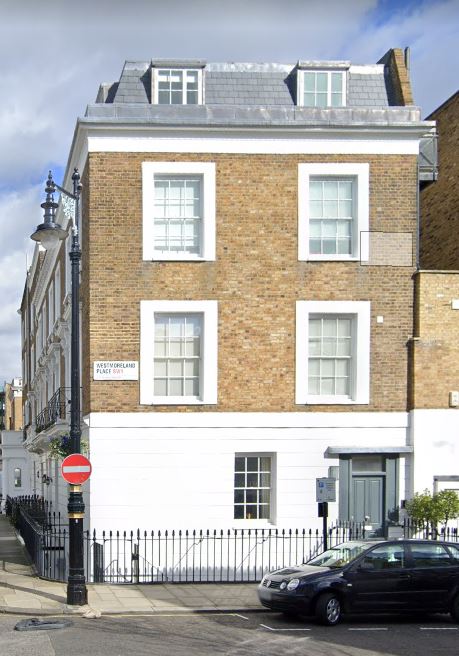
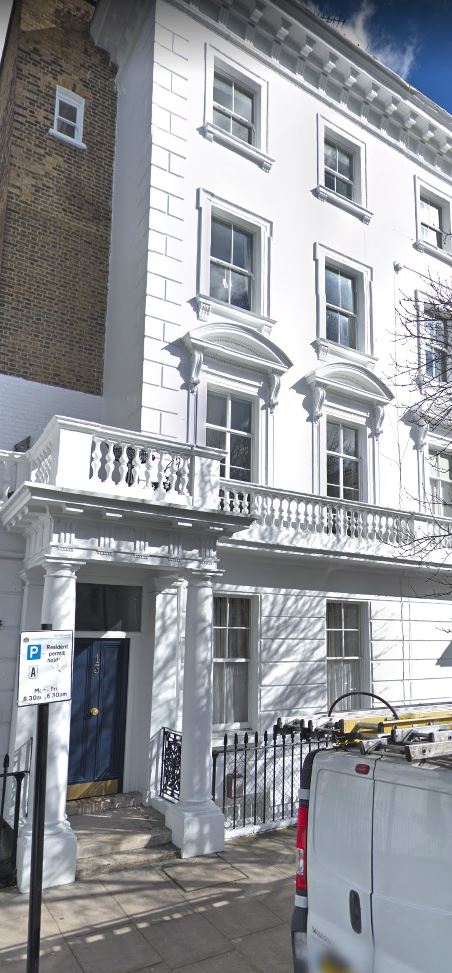

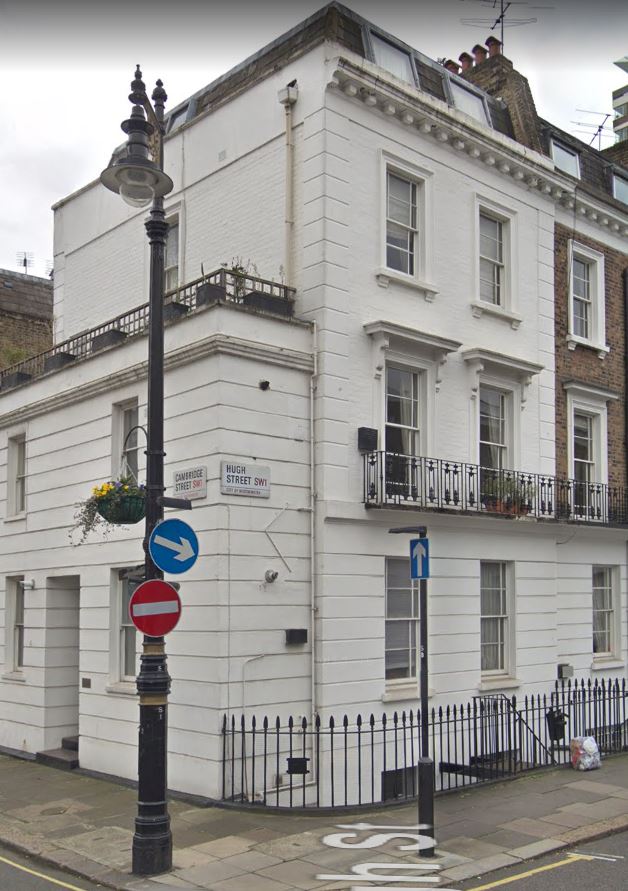
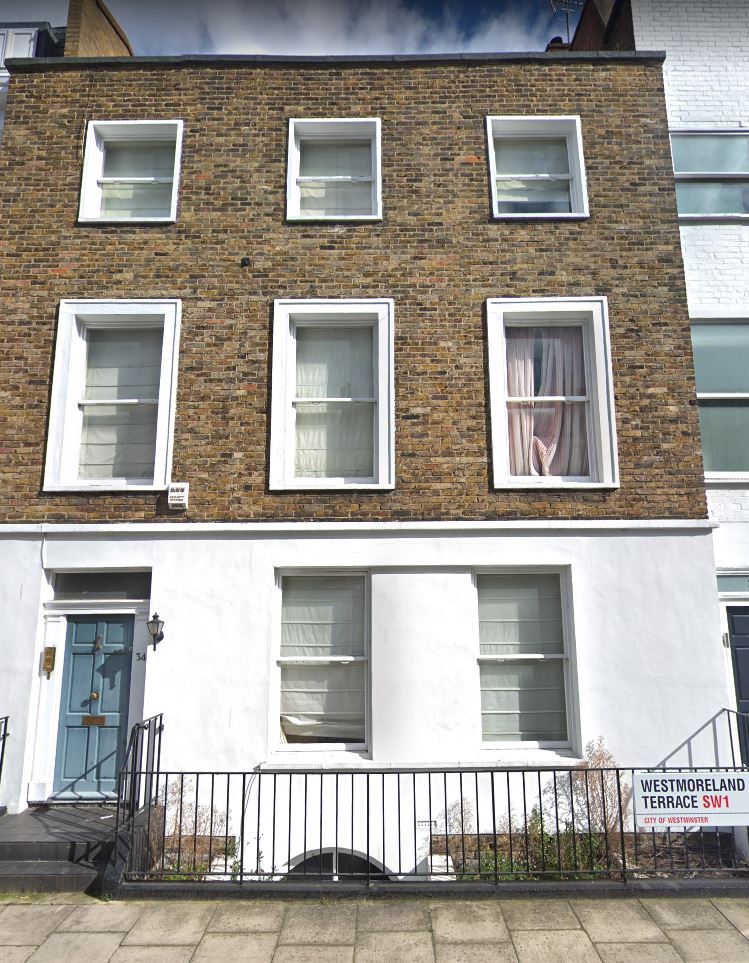
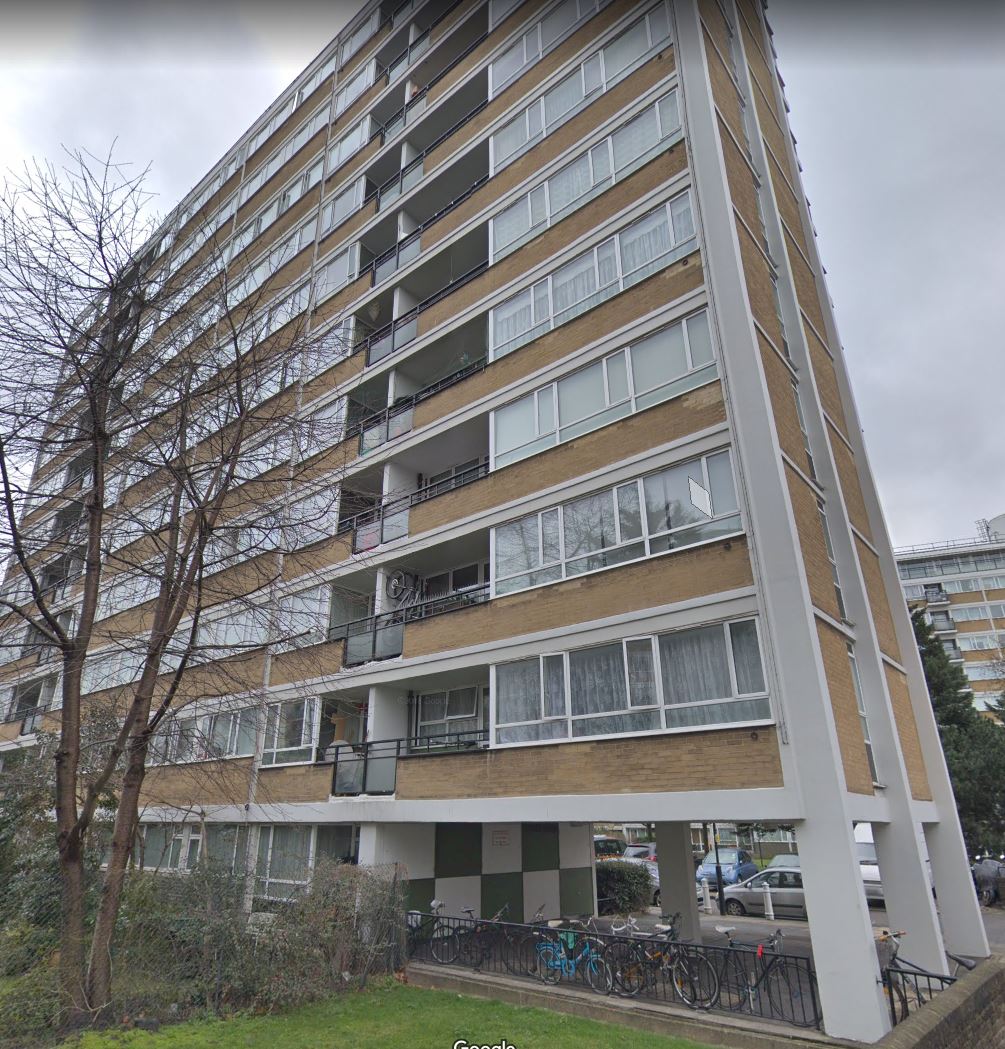
HSBC Retirement Mortgage 4.93%
For many, an HSBC Retirement Mortgage with monthly interest payments can be one of the lowest-rate and most flexible retirement mortgage products.



Equity release lifetime mortgages are an excellent option for elderly individuals in the UK who wish to utilise the value of their home to generate additional funds. They can be used to fund retirement expenses or pay off debts. It is essential to understand how these loans work, the advantages and risks, and whether they suit your particular circumstances.
Equity release lifetime mortgages allow you to borrow money against your property, typically up to 55% of its total value. The loan amount depends on your age and other factors, such as your health condition and the location of your property.
The loan does not have monthly repayments but becomes due when you die or permanently move out of your home. All interest accrued on the loan will be added to it until it is repaid.
One advantage of equity release lifetime mortgages is that you do not need to make any payments until the end of the term.
This can be beneficial if you are on a tight budget and do not want to incur an additional financial burden while enjoying your retirement years. Another advantage is that this type of mortgage may have no inheritance tax implications, whereas some other types could incur tax burdens.
On the other hand, some potential risks associated with lifetime mortgages should also be considered before taking out such a loan.
For example, if house prices fall, the amount you owe could increase faster than your home’s value. Furthermore, if you move out of your property, you will be required to repay the loan immediately, or you risk losing ownership of your house entirely. Also, since interest rates tend to rise over time, the amount due at the end increases, potentially leading to more serious financial consequences later in life.
Overall, it is essential for those considering equity release lifetime mortgages in the UK to thoroughly understand all aspects before making a decision, as the advantages and disadvantages can vary depending on individual circumstances and needs.




HSBC Retirement Mortgages – Is There a Way You Can Get an HSBC Mortgage?
The bank holding your mortgage is HSBC. HSBC is a financial institution that regulates financial activities and transactions between companies in the financial industry.
How much is it expected to release from home with HSBC Retirement Mortgages
- 50% home reversion plans Maximum cover, Equity Release mortgages retirement interest
- 45% loan-to-value (LTV) lifetime mortgage with flexible drawdown cash release Saga with monthly repayments
- 50% LTV HSBC Retirement Mortgages monthly interest repayments, non-standard residential mortgage
- 40% LTV lifetime mortgage with flexible drawdown cash release, Foundation Home Loans – older mortgage borrowers prove income
- 60% LTV lifetime mortgage with flexible drawdown cash release, Key Solutions with affordability assessment
- 45% LTV monthly payment lifetime mortgage LV equity release with a defined benefit pension
- 25% loan-to-value (LTV) interest-only lifetime mortgages United Trust Bank for older mortgage borrowers
- 45% loan-to-value (LTV) monthly payment lifetime mortgage Foundation Home Loans, interest-only mortgages retirement interest only
- 30% loan-to-value (LTV) lump-sum lifetime mortgages, The Mortgage Works mortgage payments
What percentage can be released? What are the best retirement interest-only mortgages?
The older you are and the more illnesses you have, the more cash you can release with Rio mortgages.
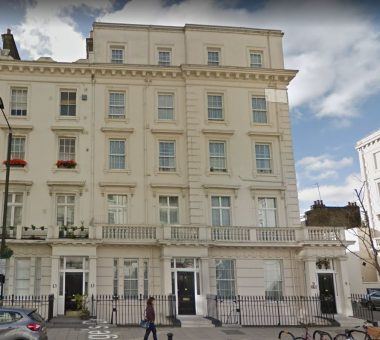
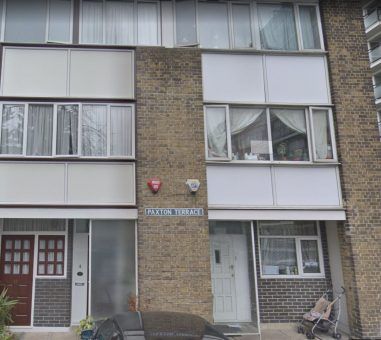
Disadvantages of Interest-Only Lifetime Mortgages- pensioner mortgages 5-year
A monthly lifetime mortgage payment can reduce your family’s inheritance. It may also impact your ability to claim means-tested benefits. You may need to pay a broker’s fee, and you may be exposed to interest rate changes with some products.

- Bridgewater Lifetime Mortgage fixed term with interest roll-up
- Canada Life Lifestyle Gold Flexi every month
- HSBC Retirement Mortgages mortgage term
- Just retirement equity release key features before long-term care
- Liverpool Victoria LV= Lump Sum Plus Lifetime Mortgage with monthly interest
- HSBC Interest-Only Lifetime Mortgage with a small minimum loan amount
- Borrowing money from the family building society, a lifetime mortgage
- Royal Bank of Scotland Lifetime Mortgage for people with pension income
- Hodge Equity Release Plans Rio mortgages work
- Stonehaven Lifetime Mortgage later life lending
- Borrow money from Lloyds Bank Equity Release Plans to gift money
- More 2 Life Flexi Choice Voluntary Payment Super Lite. Get further details to pay other debts
- Age Partnership Interest-Only Lifetime Mortgage
- L&G Legal & General Flexible Max Scheme, no early repayment charges
Equity release advisers advise people to consider taking out an equity release product, such as a lifetime mortgage or home reversion plan. It is essential to seek the help of an experienced and qualified adviser who can assess your individual needs and circumstances before recommending any loan.
Equity release advisers must be accredited by a professional body such as the Society of Equity Release Advisers (SERA) or the Financial Conduct Authority (FCA). This ensures they meet high standards of knowledge and expertise and can give impartial advice on equity release products.
The adviser will ask about your current financial situation, retirement plans, lifestyle aspirations and more to determine what type of product would best suit you.
The adviser will then explain the different types of equity release loans available, including lifetime mortgages, home reversion plans and shared appreciation mortgages. They will also explain the features and implications of each, such as interest rates, repayment terms, early repayment charges, and inheritance tax implications. The adviser will help you compare different products to find one that suits your needs. After making a decision, they can also assist with completing all the paperwork required to apply for an equity release loan.
By speaking to an experienced equity release advisor, you can ensure you get the best deal possible for your individual needs and circumstances. With their help, you can make an informed decision that keeps you in control of your finances throughout retirement.
- Liverpool Victoria LV Equity Release has no early repayment charge
- Nationwide Equity Release Plans instead of moving to a smaller property
- Get a retirement interest-only Lloyds Bank Mortgage application process
- More to life Flexi Choice Drawdown Lite Plan application fee
- More to Life Flexi Choice Voluntary Payment Super Lite for loved ones
- Leeds Building Society Equity Release Schemes, where you pay interest each month

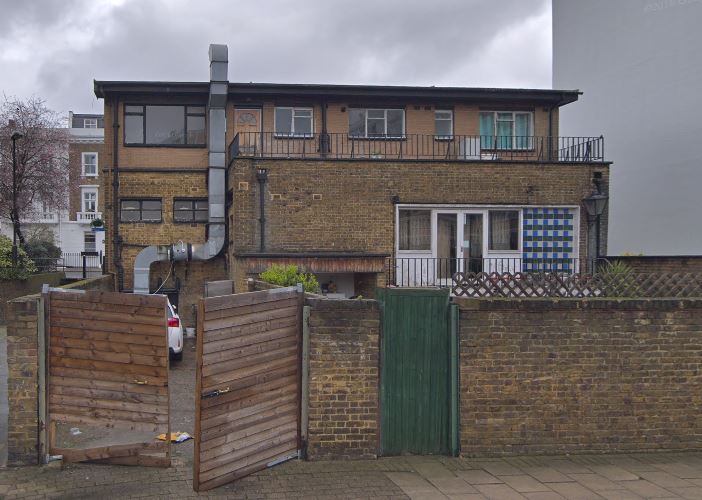

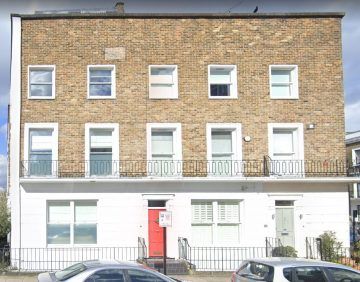
Towns of the UK where equity release is popular – an interest-only mortgage for over 65s
- Waltham Abbey
- Caistor
- Tonbridge
- Barking
- Newport
- Soham
- Woking
- Barnes
- Ramsey
- Westerham
- Walsall
- Goole
- Thirsk
- Bradford-on-Avon

Examples of retired small business owners likely to have equity to release – retirement interest-only mortgage rates
- Extraction of natural gas in Brixham
- Marine aquaculture Polegate
- Hospital activities Thetford
- Library activities Broadstairs and St. Peter’s
- Justice and Judicial Activities Potton

Equity Release Scheme Lenders and Rio Mortgage Work Examples
- Key Retirement with deals from building societies
- 4.93%
- Legal and General
- Step Change
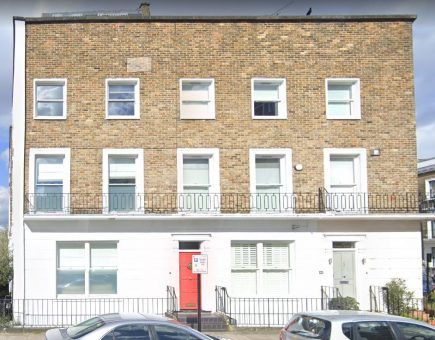
Hard-to-mortgage home types include homes requiring essential repairs, properties set up on a tenancy basis, right–to–buy properties in England, Wales, and Northern Ireland, leasehold properties (except flats and maisonettes), and properties with owned solar panels.

Some of the most common pensioner finance products include Lloyds interest-only lifetime mortgages, HSBC lifetime mortgages, Halifax over-60 lifetime mortgages, Legal & General help-to-buy mortgages for over-60s, and Nationwide Building Society mortgages for people over 50.

Difficult-to-finance property variants can include timber-framed properties built before 1920, properties with spray foam insulation on the underside of the roof, studio flats within the M25, coach houses (i.e., freehold properties with garages beneath), and basement or lower ground-floor flats without level access to private or communal garden space.

Some of the most common LTV percentages of TSB interest-only lifetime mortgages for people over 60, Barclays Bank interest-only mortgages for people over 70, NatWest mortgages for people over 70, Legal and General mortgages for people over 65, Bank of Scotland interest-only mortgages for people over 60, and Nationwide over 60 mortgages are 50%, 60%, and 70%.
Does HSBC do retirement mortgages?
Yes, HSBC retirement mortgages have very low rates, and if you have enough income, they are easy to qualify for
Do HSBC do mortgages for the over 60s?
Yes, HSBC mortgages for the over-60s have a very low overall cost.
What is the maximum age for an HSBC mortgage?
There is no maximum age for an HSBC retirement mortgage.
How does a lifetime mortgage work?
An HSBC lifetime mortgage is a type of mortgage that requires no monthly repayments.
What is the Financial Conduct Authority (FCA)?
The Financial Conduct Authority (FCA) is an independent regulator in the UK that oversees the financial industry and protects consumers from poor practices or mis-selling. The FCA’s role is to ensure that firms act honestly, fairly and professionally towards their customers and are aware of all relevant regulations when providing products or services. The FCA also works to ensure the integrity of the UK financial system.
Can I use a new mortgage to pay off my current interest-only mortgage?
Yes, you can use a new mortgage to pay off your current interest-only mortgage. Considering all options carefully before making any decisions is crucial, as they can significantly impact your financial future. You should speak to an independent financial advisor for advice on your particular circumstances and what type of mortgage best suits your needs.
What mortgage lenders allow me to access my maximum property value?
A range of mortgage lenders can offer you access to your maximum property value. It is always beneficial to compare mortgage lenders and their products before applying, as different lenders may have better terms and conditions that suit your individual needs. Some mortgage lenders offering access to your maximum property value include HSBC, NatWest, Barclays, Virgin Money, and Lloyds Banking Group.
Does a good mortgage adviser have the most access to mortgage lenders in 2026?
A good mortgage adviser will usually have access to many of the leading mortgage lenders in
It is essential to find an experienced, qualified advisor who can provide tailored advice on which lender is best for your circumstances, as different lenders may offer products, terms, and conditions that suit your individual needs better. Additionally, a good mortgage adviser should also be able to provide you with access to a variety of interest rates so that you can save money in the long run.
Do the lending criteria for a standard mortgage differ from those of an interest-only lifetime mortgage?
Yes, the lending criteria for a standard mortgage and an interest-only lifetime mortgage differ. For a standard mortgage, the lender will typically consider your credit score, income level, and overall financial situation when making their decision. With an interest-only lifetime mortgage, lenders will also consider your age and health and the value of your property when determining their lending criteria.
When am I likely to enter long-term care?
The decision of when to enter long-term care depends on your individual needs and circumstances. Generally, individuals are recommended to enter long-term care if their daily living activities become difficult to manage or if they require additional support to manage their health conditions. It is important to remember that the decision should be made in consultation with a qualified professional who can assess all your individual needs and provide advice accordingly.
May I need to pay a completion fee, a valuation fee, and a transfer fee?
Yes, depending on the type of mortgage you choose, you may be required to pay a completion fee, a valuation fee, and a transfer fee. A completion fee is usually charged when your mortgage is approved and drawn from your account to complete your home purchase. A valuation fee covers the cost of having an independent valuer assess your property’s value. Lastly, a transfer fee covers the legal and administrative expenses required to transfer ownership between parties.
My financial standing means I cant service my existing interest-only mortgage and I need to make some home improvements, can a retirement interest-only mortgage broker help me?
Yes, a retirement interest-only mortgage broker can help you if your financial standing means you cannot service your existing interest-only mortgage and need to make some home improvements. They may be able to advise you on the best option for you, depending on your individual needs, such as switching to a different type of mortgage or taking out an equity release scheme. It is important to note that such loans should always be taken out in consultation with a qualified professional who can assess your needs and provide appropriate advice.
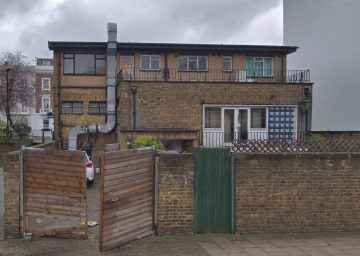
Challenging to finance home variants include properties with land in addition to the domestic grounds up to a maximum property size of five acres, where the land is for everyday domestic use, properties with flying or creeping freehold, which comprises 15% or less of the total floor area, grades l and ll* Listed Buildings in England & Wales (Grades A and B in Scotland; A, B+ and B1 in Northern Ireland), properties that have solar farms or a large number of wind turbines on the land and properties in coastal areas that may be affected by erosion.

Tough-to-finance home titles can include properties assessed for flood risk, properties with any structural defect, damp, dry, or wet rot, properties with sitting tenants or regulated tenancies, corrugated-iron construction, and concrete-panel houses.
How much money can I get?
You can release 65% of your property’s valuation. For example, if your home is worth £340,000, you can release £221,000.

It’s common to find people searching for lump-sum lifetime mortgages, lifetime mortgages with flexible drawdown cash release, or lifetime mortgages in general. However, Key Retirement, like LV Liverpool Victoria, is keen to see paperwork showing your personal situation, such as investment statements.
The 1st and 2nd charge lenders will want to know if the property is a Detached freehold house or a Leasehold flat, and if the resident is an AST Tenant.

- HSBC Lifetime Mortgage Calculator with independent advice
- HSBC Retirement Interest-Only Mortgage Calculator with interest-only monthly payments
- Natwest Lifetime Mortgage Over 60 Advisers where you don’t pay only the interest
- Lloyds Bank Lifetime Mortgage Reviews for retirement property
- Lloyds Retirement Mortgage to pay off an old repayment mortgage
- HSBC Equity Release Advice for Existing Customers and New Customers
- Natwest Equity Release Best Deals from an independent mortgage broker
- Nationwide Lifetime Mortgage Fixed Rate with free independent advice
Release Equity In House Under 55
How To Release Equity In My House
Call Finance Hunt in Putney, London, on
02074953523
Does HSBC do Retirement Mortgages?
Yes, HSBC does retirement mortgages at 4.93% APRC.
Does HSBC offer Equity Release Under 55?
Yes, HSBC Equity Release under 55 is 4.93% APRC.
Does HSBC Bank offer mortgages up to 85?
Yes, HSBC Bank offers mortgages up to 85 at 4.93% APRC, with an LTV of 75%.
Does HSBC Bank offer later-life lending to those under 55?
HSBC Bank’s later-life lending under 55 is 4.93% APR.
Does HSBC Bank offer mortgages over 70?
Yes, HSBC Bank mortgages over 70 are 4.93% APR.
Does HSBC Bank offer mortgages over 75?
Yes, HSBC Bank mortgages over 75 are 4.93% APRC.
Does HSBC Bank offer later-life lending?
Yes, HSBC Bank’s later-life lending is 4.93% APRC.
What are HSBC Bank’s rates for retirement mortgages?
HSBC Bank’s interest rates for retirement mortgages are 4.93% MER.
Does HSBC Bank have favourable reviews for pensioner mortgages?
Yes, HSBC Bank reviews are superb for pensioner mortgages.
Does the HSBC Bank Rio mortgages calculator show the loan-to-value?
Yes, the HSBC Bank RIO mortgage calculator shows a favourable loan-to-value of 75%.
Does an HSBC Bank retirement interest-only mortgage advisor charge a substantial fee?
No, HSBC Bank retirement interest-only mortgage advisors are free.
Does HSBC Bank do mortgages over 60?
Yes, HSBC Bank mortgages over 60 are 4.93% APRC.
Does HSBC Bank do mortgages over 55?
Yes, HSBC Bank mortgages over 55 are 4.93% MER.
HSBC interest-only mortgage criteria
Similar to standard mortgages, these are loans secured by your home. They have affordability checks, so you need to prove you can afford the monthly repayments.